PhD Student Jacqueline Briggs is the 2020 winner of the Osgoode Society for Canadian Legal History's Peter Oliver Prize for "a fascinating account of a legal aid programme for capitally-charged Indigenous defendants, the first publicly-funded legal aid programme in Canada."
"Exemplary Punishment: T.R.L. MacInnes, the Department of Indian Affairs, and Indigenous Executions, 1936-1952" was published in the Canadian Historical Review last year and was also awarded the prize for the best article published in 2019 by the Political History Group of the Canadian Historical Association.
Abstract: This article focuses on a series of death penalty recommendations written by Department of Indian Affairs (dia) Secretary Thomas Robert Loftus (T.R.L.) MacInnes between 1936 and 1952, arguing that these recommendations contributed to the increase in Indigenous executions in the 1940s. Identifying MacInnes as a “born bureaucrat” and member of the governing elite in a brief biographical sketch, professional and personal connections are drawn between MacInnes and Duncan Campbell Scott, arguing that MacInnes inherited Scott’s legacy and extended his influence for another generation in the department. A discussion of the social and political context of the dia in the 1940s describes changes in the department at the culmination of a long period of policy stability stretching from the early nineteenth century. Attention is paid to networks of knowledge production and centralization of control at dia headquarters in Ottawa, and how the information collected from the field enabled MacInnes to claim expertise as an amateur criminologist. An analysis of themes in the recommendations reveals a reliance on tropes from the quasi science of criminal anthropology in classifying Indigenous peoples on a scale of criminal responsibility that mapped onto racial hierarchies and the dia’s “civilization policy.” The article discusses how MacInnes constructed and deployed racializing narratives in response to the “problem” of Indigenous peoples rejecting whiteness and explains how he positioned Indigenous executions as a being in the “interest of Indian administration.”
The Peter Oliver Prize, which is named for the Osgoode Society for Canadian Legal History's first and long-serving Editor-in-Chief, is given for published work in Canadian legal history by a student.
Congratulations, Jacquie!


